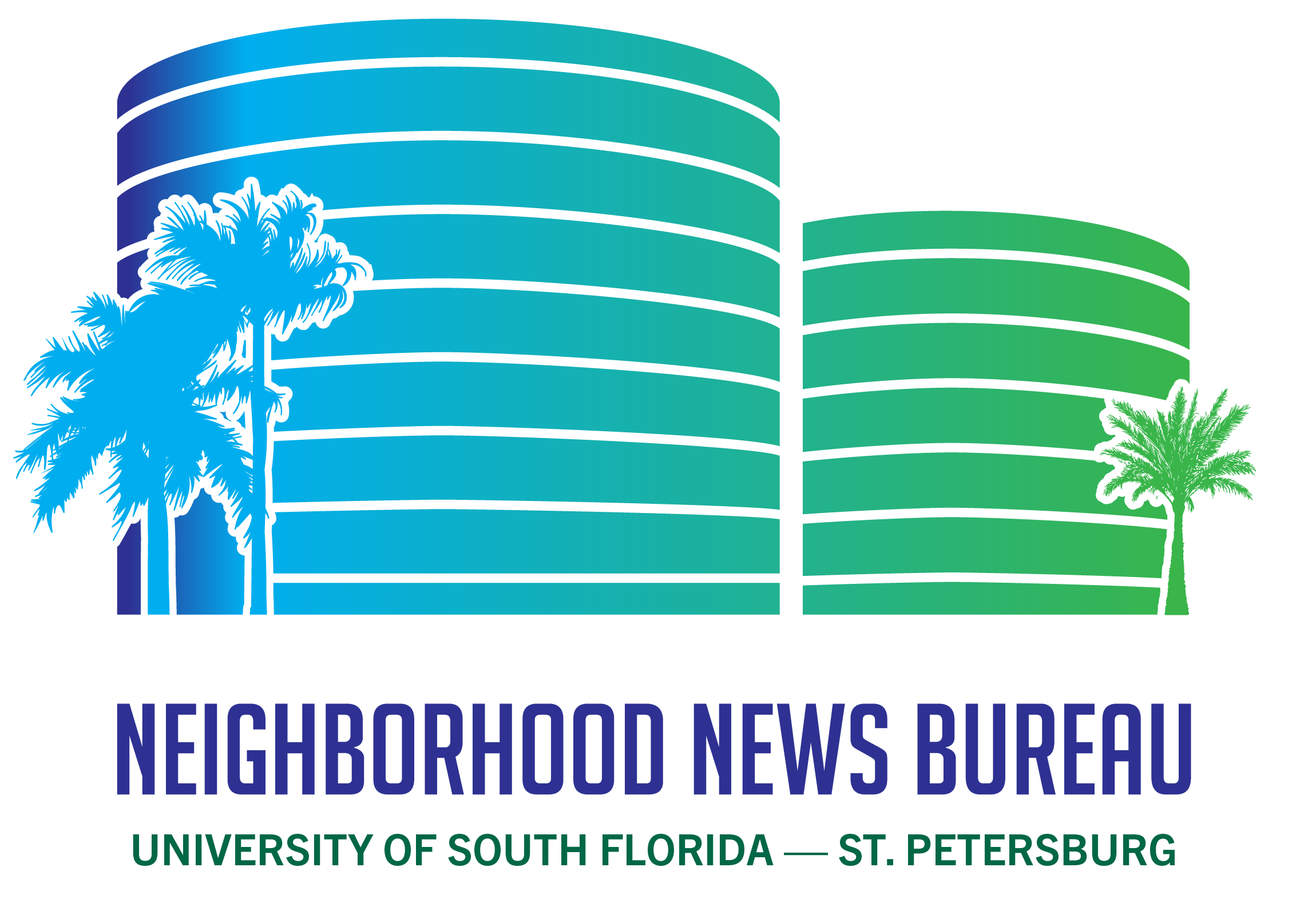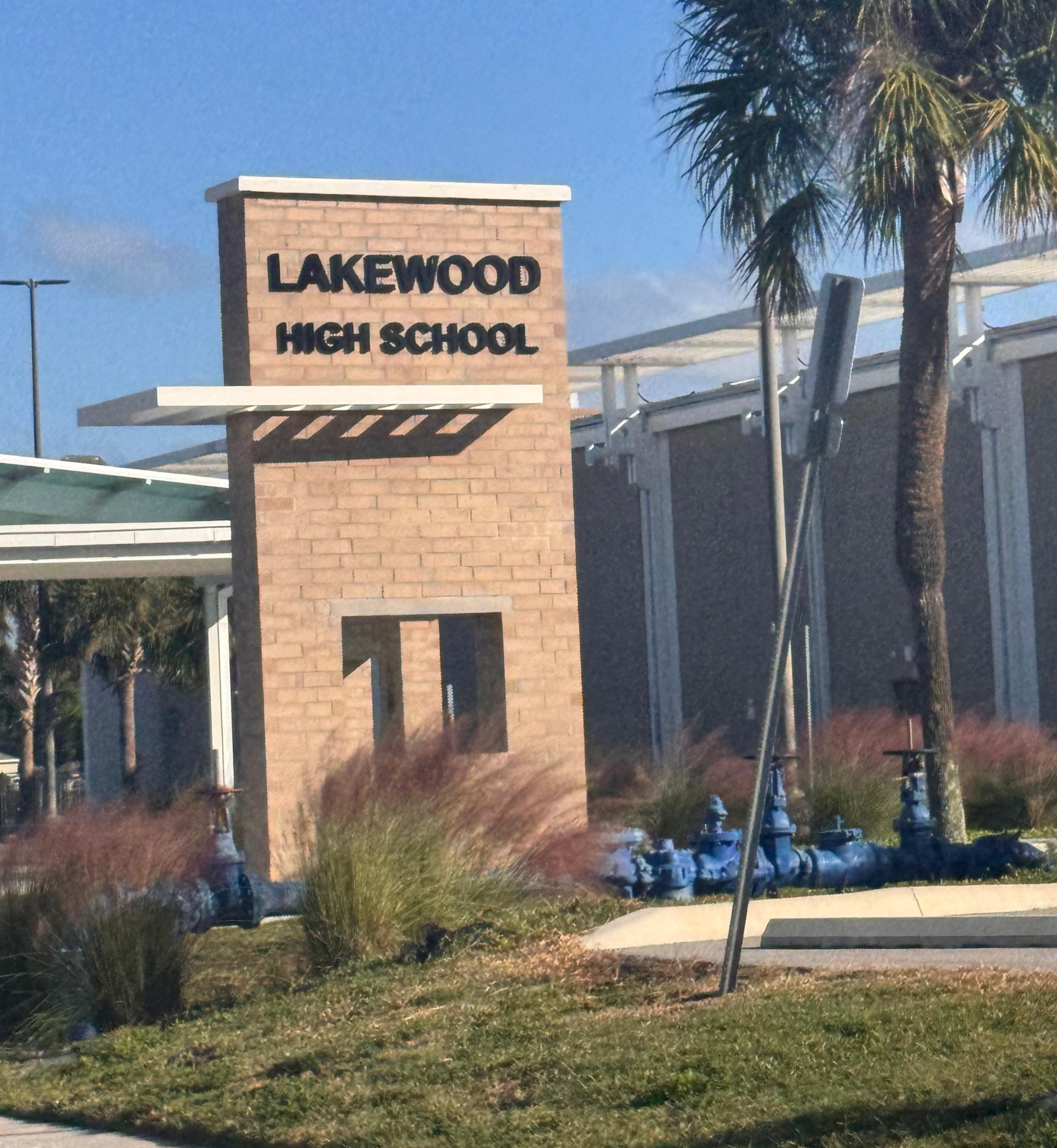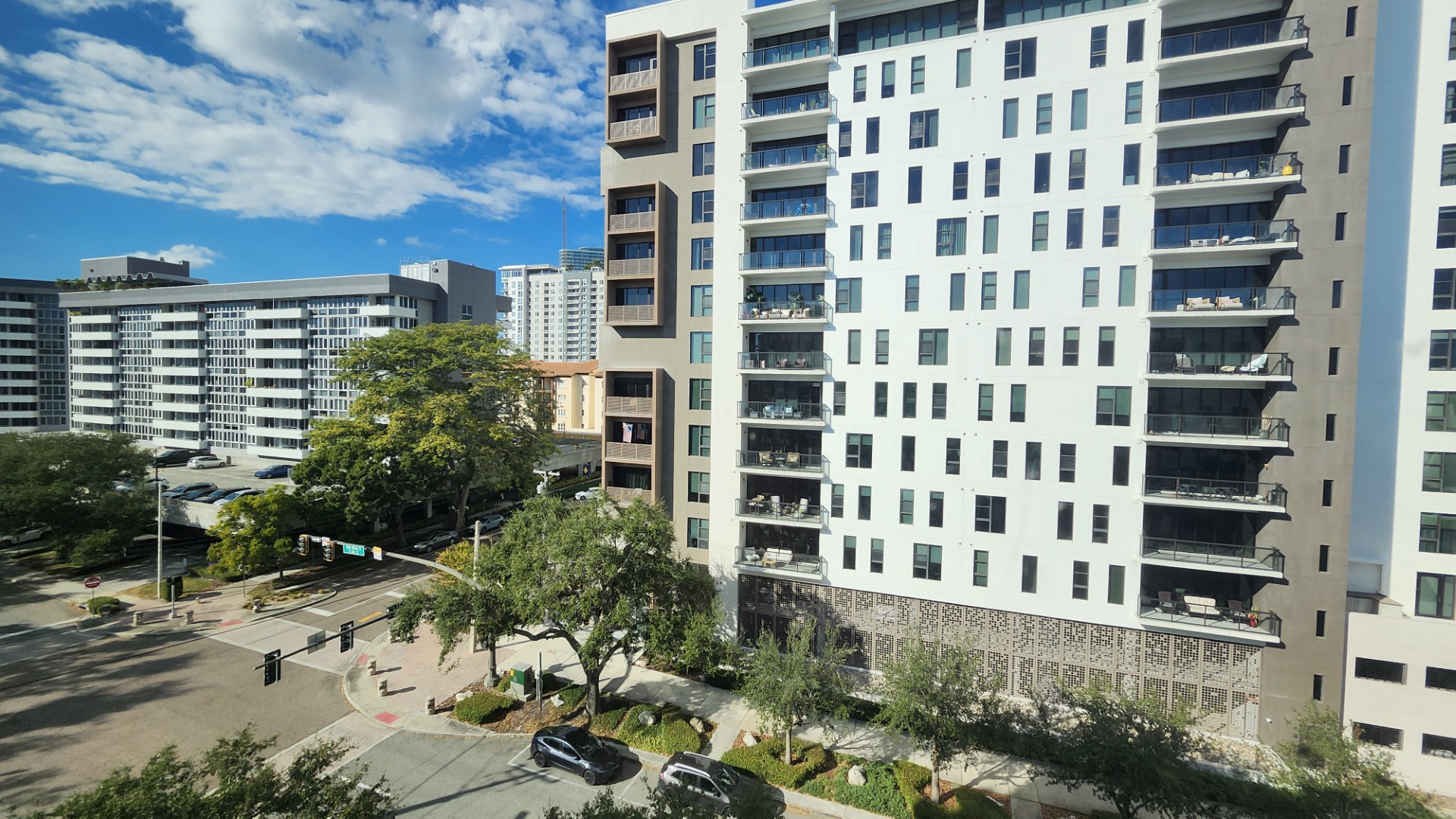By Daniel Hernandez
As soccer becomes an integral part of St. Petersburg’s athletic culture, the sport is gaining momentum through youth programs, amateur leagues and the support of professional teams like the Tampa Bay Rowdies.
Participation across the city is growing, and soccer is carving out its place alongside more established sports in the Tampa Bay area.
The city’s soccer scene is bolstered by increasing registration numbers for local leagues. Shane Burroughs, general manager of the St. Petersburg FC Aztecs, a semi-professional soccer team in the United Premier Soccer League, shared his perspective on the growing enthusiasm.
“I think you can see that participation in the game in our area has increased, especially on the adult recreational side of things,” Burroughs said. “That is positive because that should allude to those adult recreational players introducing the game to their kids at a young age. Unfortunately, it looks like young female participation has dropped over the last few years, but that can be attributed to the rise and popularity of flag football and lacrosse.”
Burroughs highlighted the post-COVID era as a turning point for city athletics.
“I think one of the driving factors, and this doesn’t relate to just soccer but to sports in general, was coming out of the COVID era and wanting to get kids back outside and into group activities,” he said.
Despite the positive trends, challenges remain. Burroughs pointed out one of the most significant hurdles has been access to quality field space.
“There are numerous challenges, with one of the most prevalent being access to field space,” he said. “If you are not a club, it is extremely difficult to find available and quality grass fields. St. Petersburg also does not have any turf fields open to the public. While grass is preferred, turf allows for constant programming and mitigates weather issues, allowing for higher usage.”
The growing interest in soccer has brought both opportunities and obstacles to the forefront of St. Petersburg’s athletic community, Burroughs said.
“The St. Petersburg area brings a sense of family and a culture where fans are fully supportive of the development of the game,” Burroughs said. “They’re not only interested in how well the team is doing but also in how individual players are progressing in their amateur and semi-professional careers.”
Bruno De Jesus, a local soccer coach and father of Rowdies player Mateus De Jesus, echoed similar sentiments about the community’s passion for soccer.
“I feel like God gave me skills to do something bigger than me,” Bruno De Jesus said. “I love the game—I’ve been playing since I was in the womb—and I’ve been coaching for that reason.”
Bruno De Jesus, who has coached for over 20 years, highlighted his efforts in making soccer accessible.
“I’ve been able to give back to the community with coaching as I’ve raised sponsorships to allow for minimal cost or no cost for people to play,” he said. “It’s nice to give people the opportunity to play, and now, I get to see those I’ve coached in college and the pros, like Mateus, weekly on ESPN+.”
Even though De Jesus lives in Palmetto, he said he recognizes the potential in St. Petersburg’s soccer community.
“We don’t know much about the St. Pete soccer atmosphere because we live in Palmetto,” he said, “but I did play against St. Pete FC’s U11 team, and they were a high-level squad with good coaching.”
His son, Mateus De Jesus, reflected on how the community shaped his journey playing for the Rowdies.
“Playing for St. Pete helped me take steps from playing with kids my age to playing with college kids,” Mateus De Jesus said. “It helped me realize how I need to play with people that are older than me, and I brought what I learned there to playing with the Rowdies.”
The strong sense of community and support for the sport in St. Petersburg has played a vital role in fostering talent and enthusiasm for soccer, according to Mateus De Jesus.
“The community has been so supportive of me, whether it was when I was playing for St. Pete or for the Rowdies,” Mateus De Jesus said. “They have always been there cheering for whichever team I’m on, and having that support makes the teams play better. The support is super important for development.”
With a supportive community and increasing opportunities for youth athletics, the city’s soccer scene is poised to expand even further, bringing the game to a broader audience and inspiring the next generation of players.



